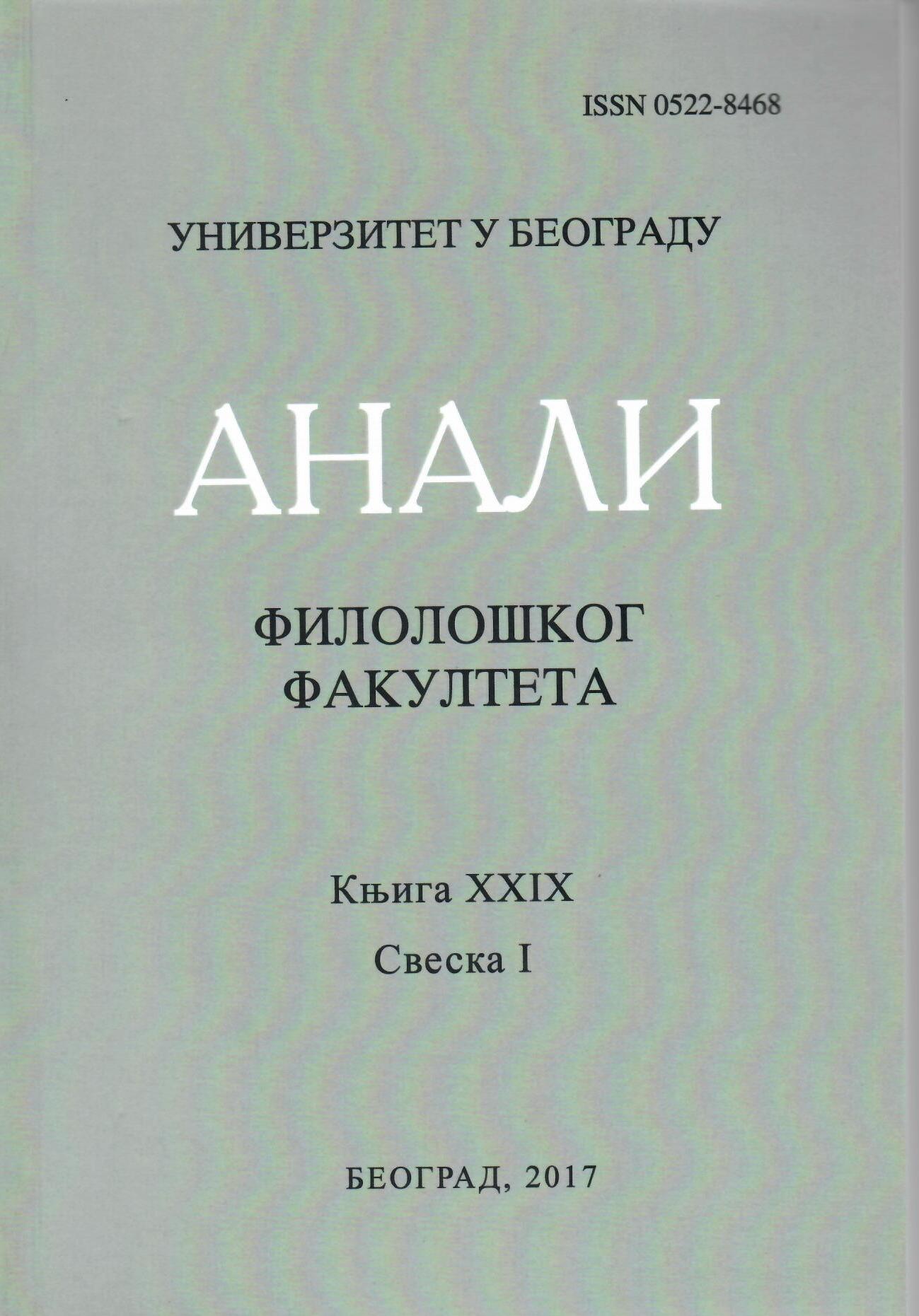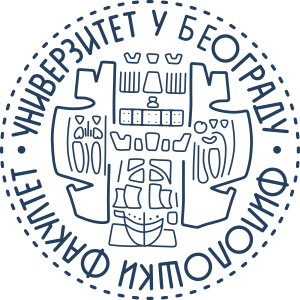Diccionarios y traductores en línea en e/le: un análisis desde la teoría de la argumentación en la lengua
DOI:
https://doi.org/10.18485/analiff.2017.29.1.6Keywords:
español como lengua extranjera, pragmática, análisis del discurso, marcadores discursivos, argumentación en la lengua, competencia comunicativaAbstract
En este artículo se defiende la tesis de que la teoría de la argumentación en la lengua puede ser aplicada tanto en la teoría como en la práctica de la enseñanza de español como lengua extranjera. Especialmente, esta teoría puede ayudar a explicar las deficiencias que aún presentan las herramientas de traducción y diccionarios online así como las ventajas que representa su uso en el desarrollo de las competencias de los estudiantes en el nuevo idioma. En el trabajo se hace énfasis en que, ya que el centro de la enseñanza de segundas lenguas es en la actualidad la competencia comunicativa, los profesores deben propiciar al mismo tiempo el desarrollo de la competencia pragmática en los estudiantes, de la misma manera como los estudiantes deben tener una preparación que les permita usar estas herramientas tecnológicas de manera más efectiva. El artículo presenta algunos ejemplos de uso del traductor de Google y del diccionario Linguee para fundamentar estas tesis.
Downloads
Published
How to Cite
Issue
Section
License

This work is licensed under a Creative Commons Attribution-ShareAlike 4.0 International License.
Authors who publish with this journal agree to the following terms:
- Authors are confirming that they are the authors of the submitting article, which will be published (print and online) in the journal Anali filološkog fakulteta by the Faculty of Philology, University of Belgrade (Faculty of Philology, Studentski trg 3, 11000 Belgrade, Serbia). Author’s name will be evident in the printed article in the journal. All decisions regarding layout and distribution of the work are in hands of the publisher.
- Authors guarantee that the work is their own original creation and does not infringe any statutory or common-law copyright or any proprietary right of any third party. In case of claims by third parties, authors commit their self to defend the interests of the publisher, and shall cover any potential costs.
- Authors retain copyright and grant the journal right of first publication with the work simultaneously licensed under a Creative Commons Attribution-ShareAlike 4.0 International License that allows others to share the work with an acknowledgement of the work's authorship and initial publication in this journal.
- Authors are able to enter into separate, additional contractual arrangements for the non-exclusive distribution of the journal's published version of the work (e.g., post it to an institutional repository or publish it in a book), with an acknowledgement of its initial publication in this journal.
- Authors are permitted and encouraged to post their work online (e.g., in institutional repositories or on their website) prior to and during the submission process, as it can lead to productive exchanges, as well as earlier and greater citation of published work.





